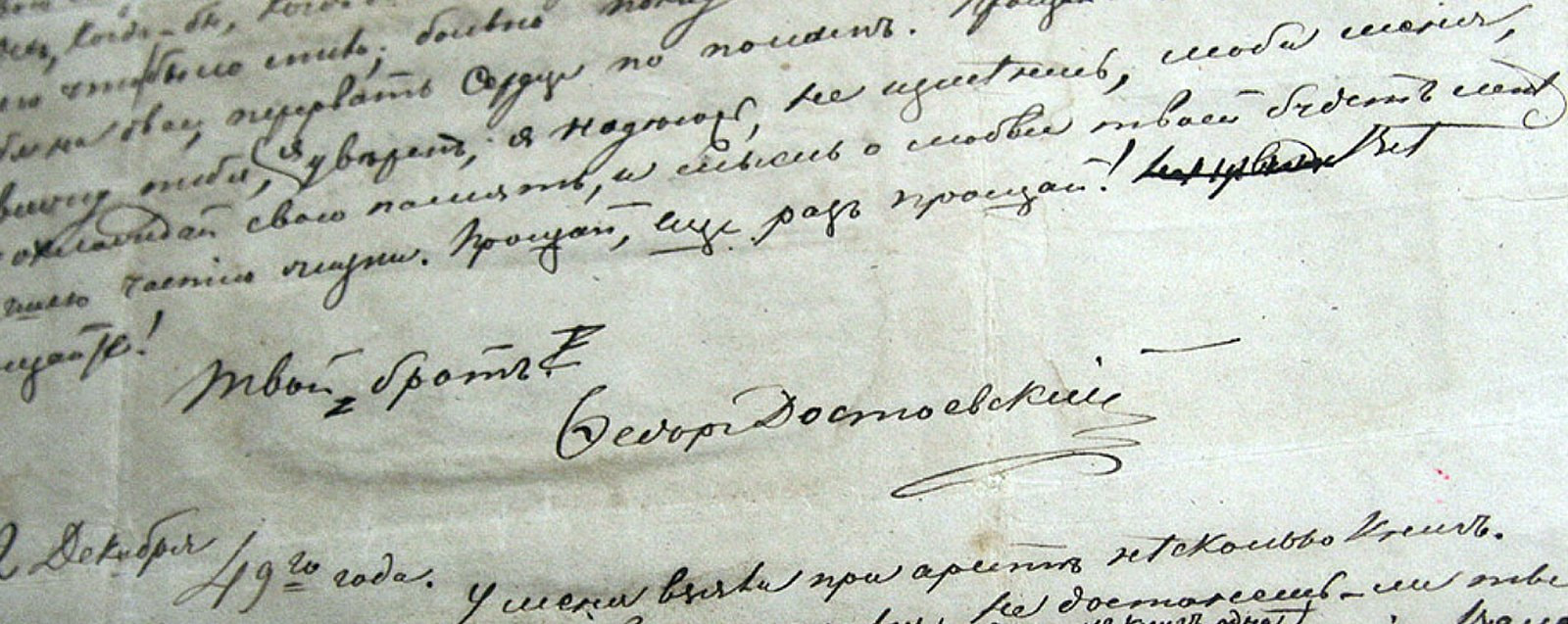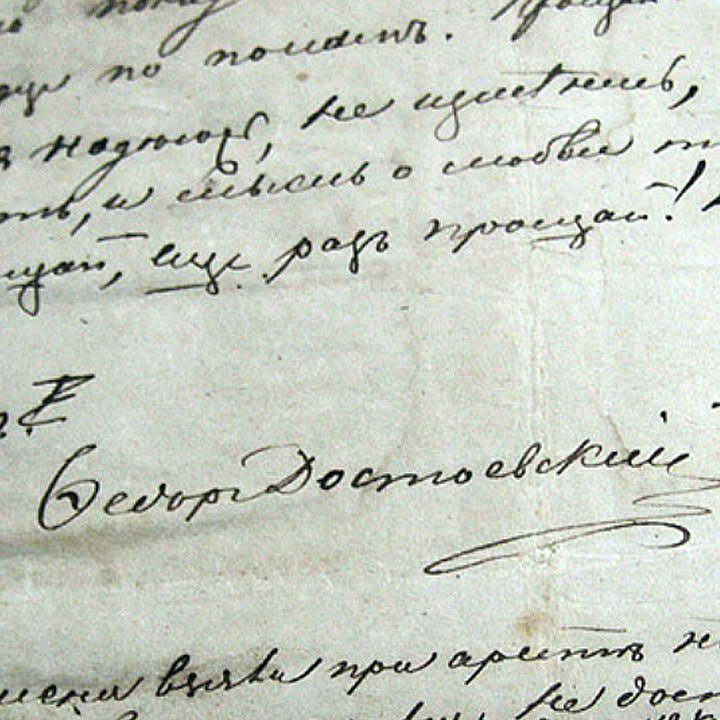The lecture focuses on the characters of Fyodor Dostoyevsky which anticipated the ideas of Modernity.
Although Nietzsche wrote in The Gay Science that “God is dead. God remains dead. And we have killed him”, it shouldn’t be taken literally, as death of a superior creature, who once was alive but has ceased to exist. This is a metaphor reflecting the crisis of the classical culture of truth, kindness, and beauty—a type of culture which demands a hierarchy of values ascending to a moral pinnacle. Nietzsche manifested an idea that had been growing for a long time, waiting for a stunning symbolic figure to embody. Soon afterwards, a new era would begin—one which is now known as Modernity. The modern paradigm, however, was predicted by other authors too, and Fyodor Dostoyevsky was among them. Perhaps, it was in his novel Demons where Nietzsche first discovered the horrifying thought that God could be killed. Dostoyevsky’s characters struggle from distrust in both the god and eternal life, and come to the conclusion that if so then anything goes, even if that means taking the role of the inexistent god, deciding other people’s fates, and justifying murder with rational arguments. The truth is unattainable, kindness is forever lost, but what if beauty—something that has been giving this world order and structure since the times of Ancient Greece—could save the world? In Dostoyevsky’s world, however, this belief is shared by the “idiot” alone.
…So you admire this kind of beauty, do you?’ she asked the prince, suddenly.
‘Yes, I do—this kind.’
‘Do you mean especially this kind?’
‘Yes, especially this kind.’
‘Why?’
‘There is much suffering in this face,’ murmured the prince, more as though talking to himself than answering the question.
‘I think you are wandering a little, prince,’ Mrs. Epanchin decided, after a lengthened survey of his face; and she tossed the portrait on to the table, haughtily.
(Fyodor Dostoyevsky, The Idiot.)

